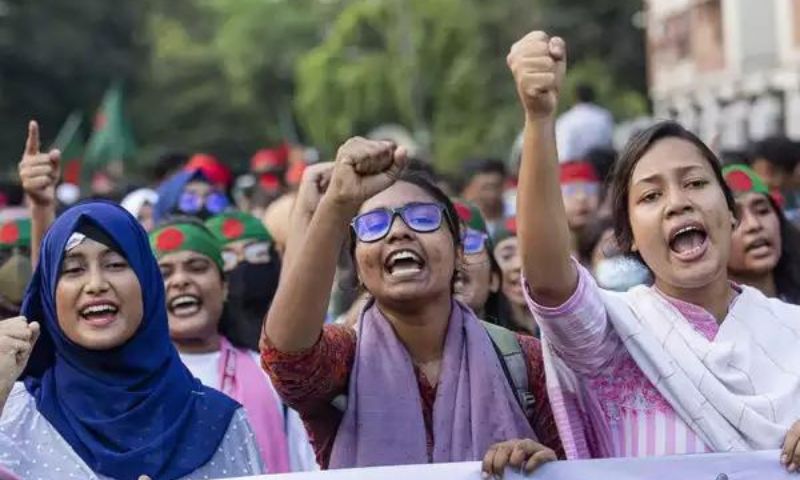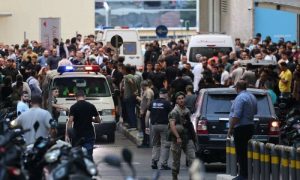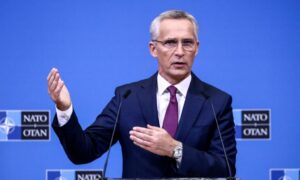DHAKA: Student leaders who recently ousted Prime Minister Sheikh Hasina are resisting pressure from Bangladesh’s major political parties for quick elections, and are contemplating the creation of their own political party to sustain their movement.
According to interviews with four protest leaders, their goal is to avoid a repeat of the last 15-year era of Hasina’s autocratic rule and ensure lasting change.
The protests, which began in June against a law reserving certain government jobs for specific groups, quickly gained momentum. Within two months, public outrage over a brutal crackdown led to Hasina’s removal. The crackdown resulted in at least 300 deaths, marking the deadliest violence in Bangladesh since its 1971 independence war.
The student-led movement, characterized as a Gen Z revolution, arose from frustrations with persistent joblessness, alleged corruption, and reduced civil freedoms. The interim government, led by Nobel Peace laureate Muhammad Yunus and including two student leaders in key positions, now governs the country.
For decades, Bangladesh has been dominated by Hasina’s Awami League and the Bangladesh Nationalist Party (BNP) led by Khaleda Zia, both of whom are in their 70s.
Student leaders, including Mahfuj Alam, who is chairing a committee to engage with social groups, are exploring the formation of a new political party to challenge this duopoly. Alam, a 26-year-old law student, stated that a decision on forming a party would be made within a month, following broad consultations with citizens.
In a subsequent Facebook post, Alam clarified that the students’ immediate focus is on maintaining the momentum of their uprising and implementing broad political reforms rather than forming a new party. Tahmid Chowdhury, another key student leader, suggested that there is a strong possibility of creating a political party, emphasizing a commitment to secularism and free speech.
The interim government, which has not yet outlined specific policies, is prioritizing significant institutional reforms, including changes to the electoral commission appointed by Hasina, to prevent a return to authoritarian rule. Nahid Islam, a prominent protest organizer and member of Yunus’ cabinet, stressed that structural reforms are essential for a new democratic framework.
The regime change has led to the removal of key officials, including the chief justice, central bank governor, and police chief, who were implicated in the crackdown. Yunus, while holding moral authority, has not commented on the political future of the country, and his spokesperson has not responded to inquiries.
Shahdeen Malik, a constitutional expert, noted that the interim government’s powers are unclear due to the lack of a constitutional framework. The new government faces skepticism about its ability to achieve lasting reforms.
Student leaders’ strategies have evolved since the violent crackdown that began on July 19, when key figures were detained and mistreated by authorities. The protests, initially confined to public universities, spread to private institutions and involved widespread community support. By the end of that week, at least 114 people had died, and Hasina’s attempt to impose a curfew was undermined by the army’s refusal to enforce it.
Hasina fled to India on August 5, amid escalating violence and widespread demonstrations demanding her resignation and systemic change.























